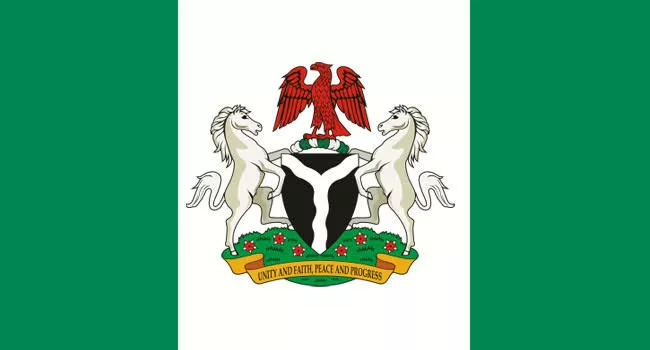Nigeria continues to grapple with fiscal challenges as the Federal Government allocated an overwhelming 69 percent of its total revenue for 2024 solely to debt repayment.
This information comes from the most recent Budget Implementation Report (BIR) published by the Budget Office of the Federation (BOF).
According to the report, out of the N19.354 trillion generated in 2024, a substantial N11.887 trillion was dedicated to servicing debt, significantly limiting funds available for infrastructure development and other critical investments.
While this marks a slight improvement from 2023-when debt servicing consumed 78 percent of revenue-financial experts caution that the current ratio remains alarmingly high compared to global norms.
“International financial institutions like the World Bank and IMF advise that debt servicing should ideally not surpass 30 to 40 percent of government revenue in emerging economies. Nigeria’s 69 percent allocation means nearly seven out of every ten naira earned is funneled into debt obligations, severely restricting fiscal capacity for developmental projects,” explained Prof. Godwin Oyedokun, a specialist in Accounting and Financial Development at Lead City University, Ibadan.
The government initially forecasted total expenditures of N27.5 trillion against anticipated revenues of N18.32 trillion, projecting a fiscal deficit of N9.18 trillion.
However, actual figures revealed revenues exceeded expectations, reaching N19.354 trillion-approximately N1.03 trillion above the target. Conversely, spending also surpassed projections, totaling N28.726 trillion, which is N1.23 trillion more than budgeted.
In 2024, oil revenues surged to N6.180 trillion, a significant jump from the N2.430 trillion recorded in 2023. Non-oil revenues also saw a notable increase, rising to N4.557 trillion from N3.312 trillion the previous year. Additionally, independent government revenues-including donor grants, education taxes, and earnings retained by government enterprises-totaled N8.317 trillion, up from N6.743 trillion in 2023.
This robust growth pushed overall revenue by 149 percent year-on-year, which officials attribute to enhanced revenue collection mechanisms and stronger oil sector performance.
The Federal Government’s total expenditure for 2024 reached N28.726 trillion, up from N23.036 trillion in 2023. Of this, N11.887 trillion was allocated to debt servicing, N7.312 trillion to non-debt recurrent expenses, and capital expenditure rose to N7.789 trillion, accounting for 22 percent of total spending-an increase from 18 percent in the previous year. Transfers made up N1.738 trillion of the total outlay.
Despite a marginal reduction in recurrent spending from 73 percent in 2023 to 72 percent in 2024, analysts highlight that Nigeria’s budget remains heavily skewed towards salaries, administrative costs, and debt obligations, leaving insufficient funds for investments that foster sustainable economic growth.
Prof. Oyedokun acknowledged the modest progress in reducing debt servicing but emphasized that Nigeria’s fiscal trajectory remains precarious.
He further pointed out that although capital expenditure has increased to 22 percent of total spending, it still falls short of the 30 to 40 percent threshold necessary to address Nigeria’s vast infrastructure deficits in vital sectors such as transportation, energy, education, and healthcare.
“Inadequate investment in capital projects hampers productivity, employment opportunities, and overall competitiveness,” he warned, advocating for policy reforms that prioritize infrastructure funding over excessive recurrent expenditures.

















